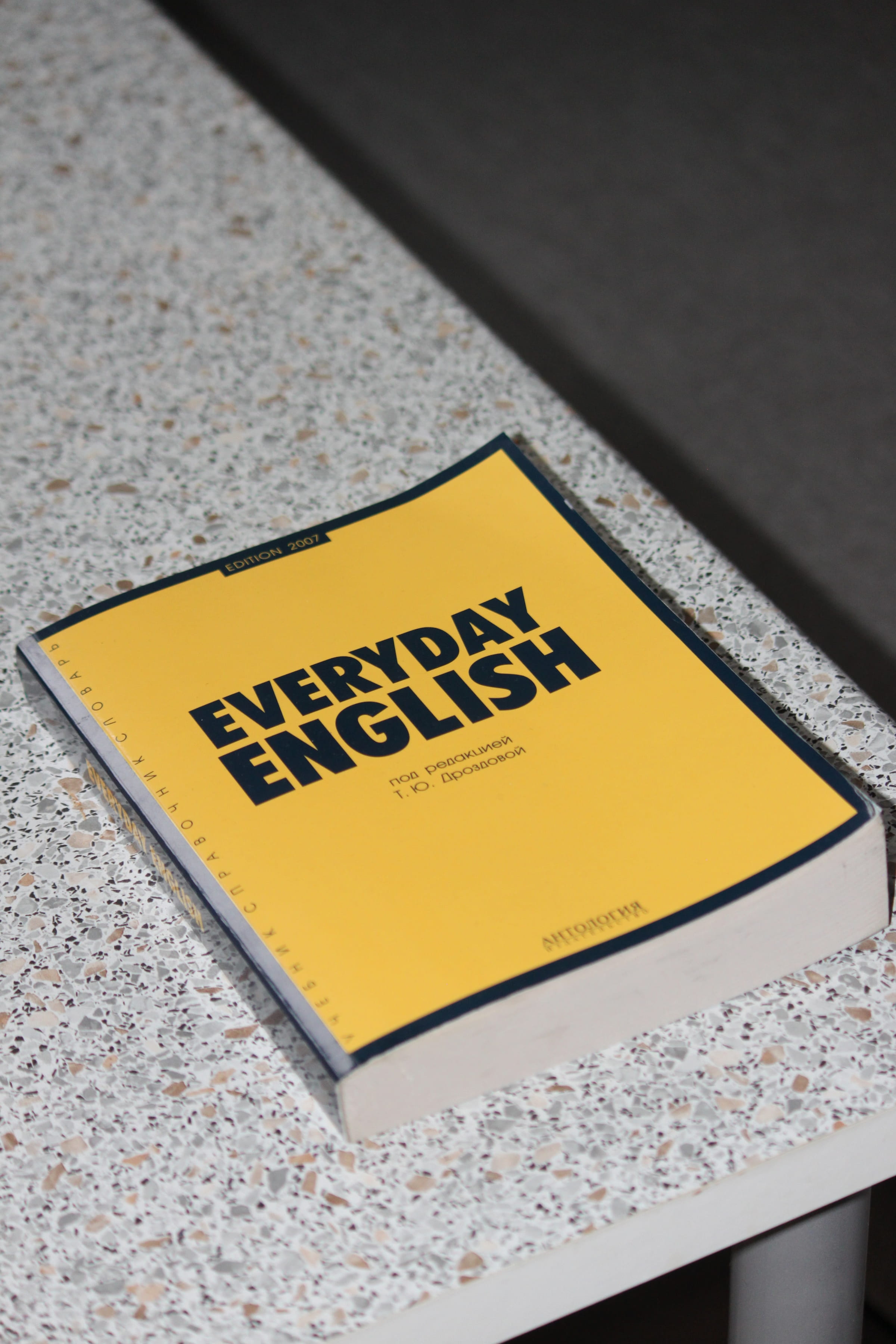Protocol SDKs
The recommended way to interact with the Protocol API is by using one of our official SDKs. Today, Protocol offers fine-tuned JavaScript, Ruby, , , and Go libraries to make your life easier and give you the best experience when consuming the API.
Official libraries
PHP
A popular general-purpose scripting language that is especially suited to web development.
Ruby
A dynamic, open source programming language with a focus on simplicity and productivity.
Python
Python is a programming language that lets you work quickly and integrate systems more effectively.
Quickstart


This guide will get you all set up and ready to use the Protocol API. We'll cover how to get started using one of our API clients and how to make your first API request. We'll also look at where to go next to find all the information you need to take full advantage of our powerful REST API.
Before you can make requests to the Protocol API, you will need to grab your API key from your dashboard. You find it under Settings » API.
- For more information on how to get your API key, see the API documentation.
Choose your client
Before making your first API request, you need to pick which API client you will use. In addition to good ol' cURL HTTP requests, Protocol offers clients for JavaScript, , and . In the following example, you can see how to install each client.
export function CourseMobileNavigation() {
const isInsideMobileNavigation = useIsInsideMobileNavigation();
const { isOpen, toggle, close } = useMobileNavigationStore();
const ToggleIcon = isOpen ? XIcon : MenuIcon;
return (
<IsInsideMobileNavigationContext.Provider value={true}>
<button
type="button"
className="flex h-6 w-6 items-center justify-center
rounded-md transition hover:bg-zinc-900/5 dark:hover:bg-white/5"
aria-label="Toggle navigation"
onClick={toggle}
>
<ToggleIcon className="w-2.5 stroke-zinc-900 dark:stroke-white" />
</button>
{!isInsideMobileNavigation && (
<Suspense fallback={null}>
<MobileNavigationDialog isOpen={isOpen} close={close} />
</Suspense>
)}
</IsInsideMobileNavigationContext.Provider>
);
}
curl -G https://api.protocol.chat/v1/conversations \
-H "Authorization: Bearer {token}" \
-d limit=10
<head>
<script src="https://cdn.protocol.chat/v1/protocol.js"></script>
</head>
<body>
<div>
<p>Before making your first API request, you need to pick which API client you will use. In addition to good ol' cURL HTTP requests, Protocol offers clients for JavaScript, , and . In the following example, you can see how to install each client.</p>
<strong>Choose your client</strong>
<button>JavaScript</button>
<img src="https://cdn.protocol.chat/v1/protocol.js" alt="JavaScript" />
</div>
</body>